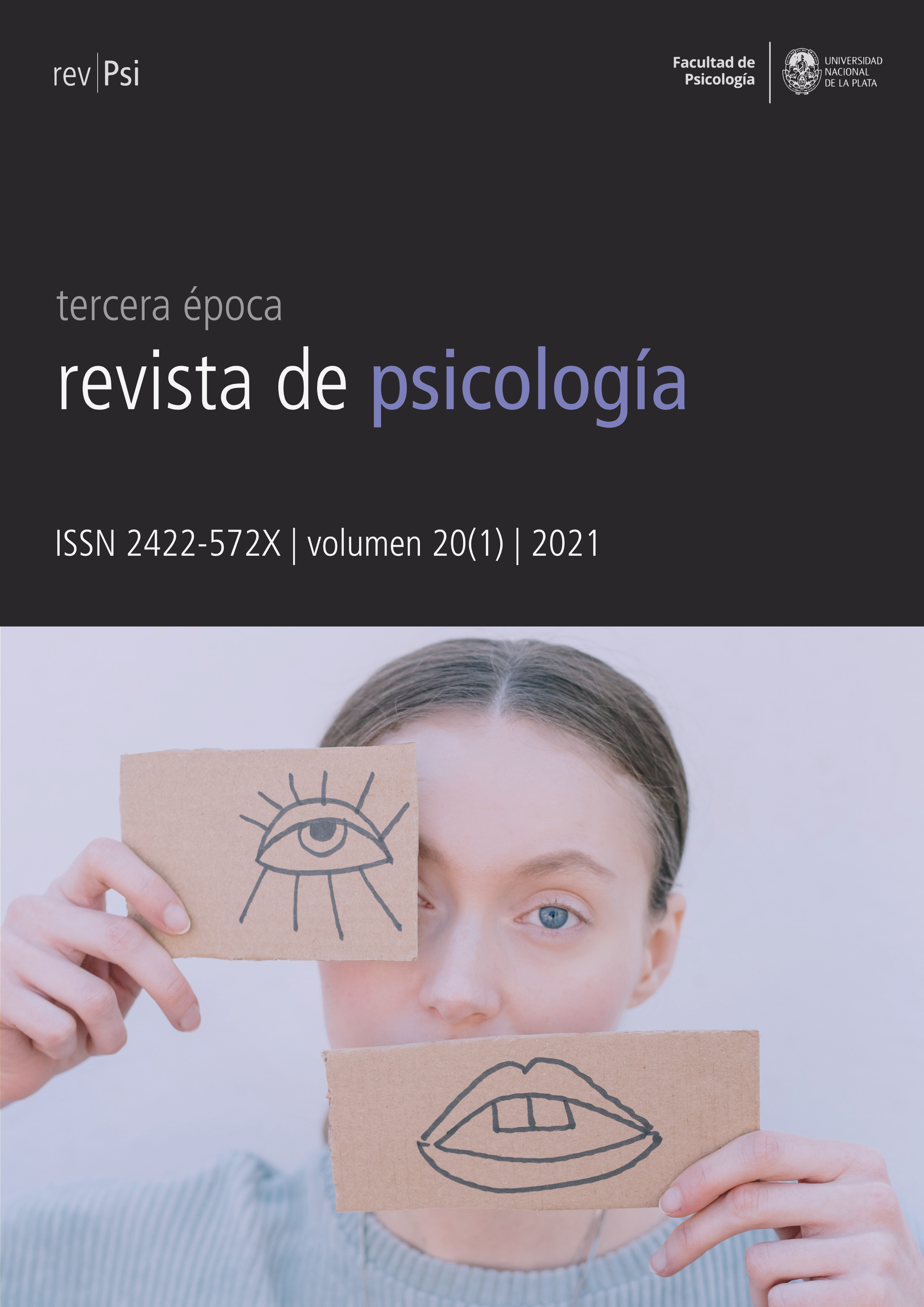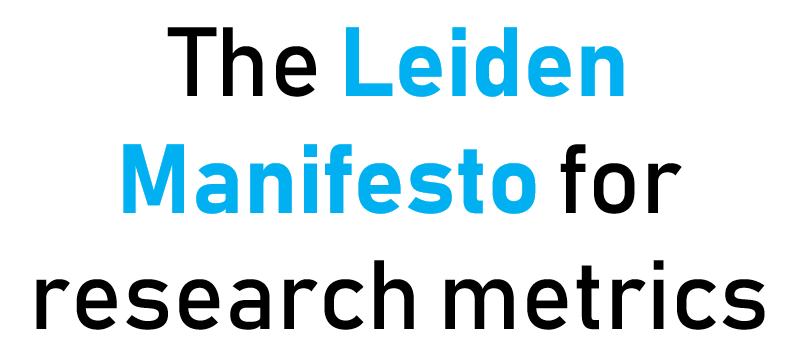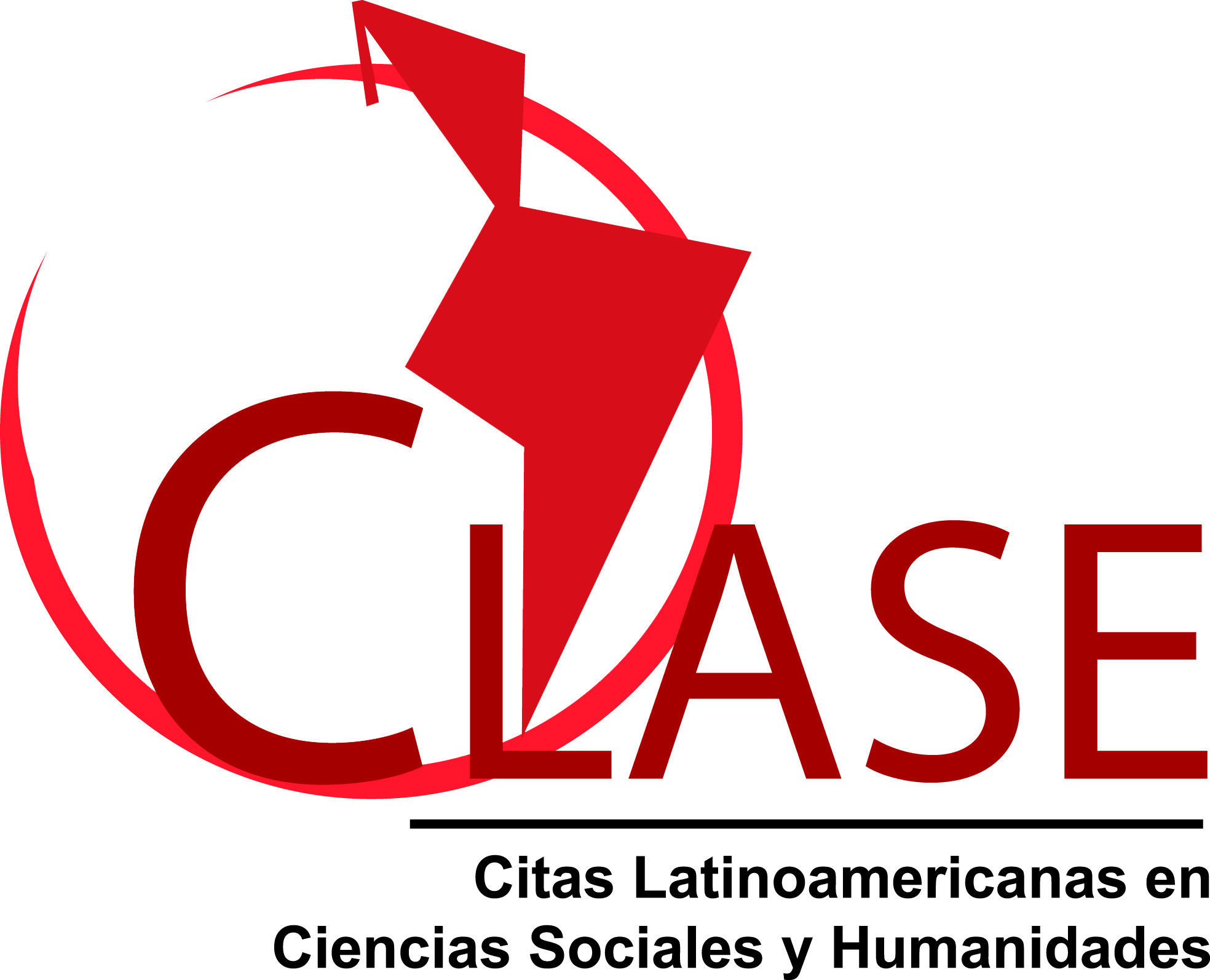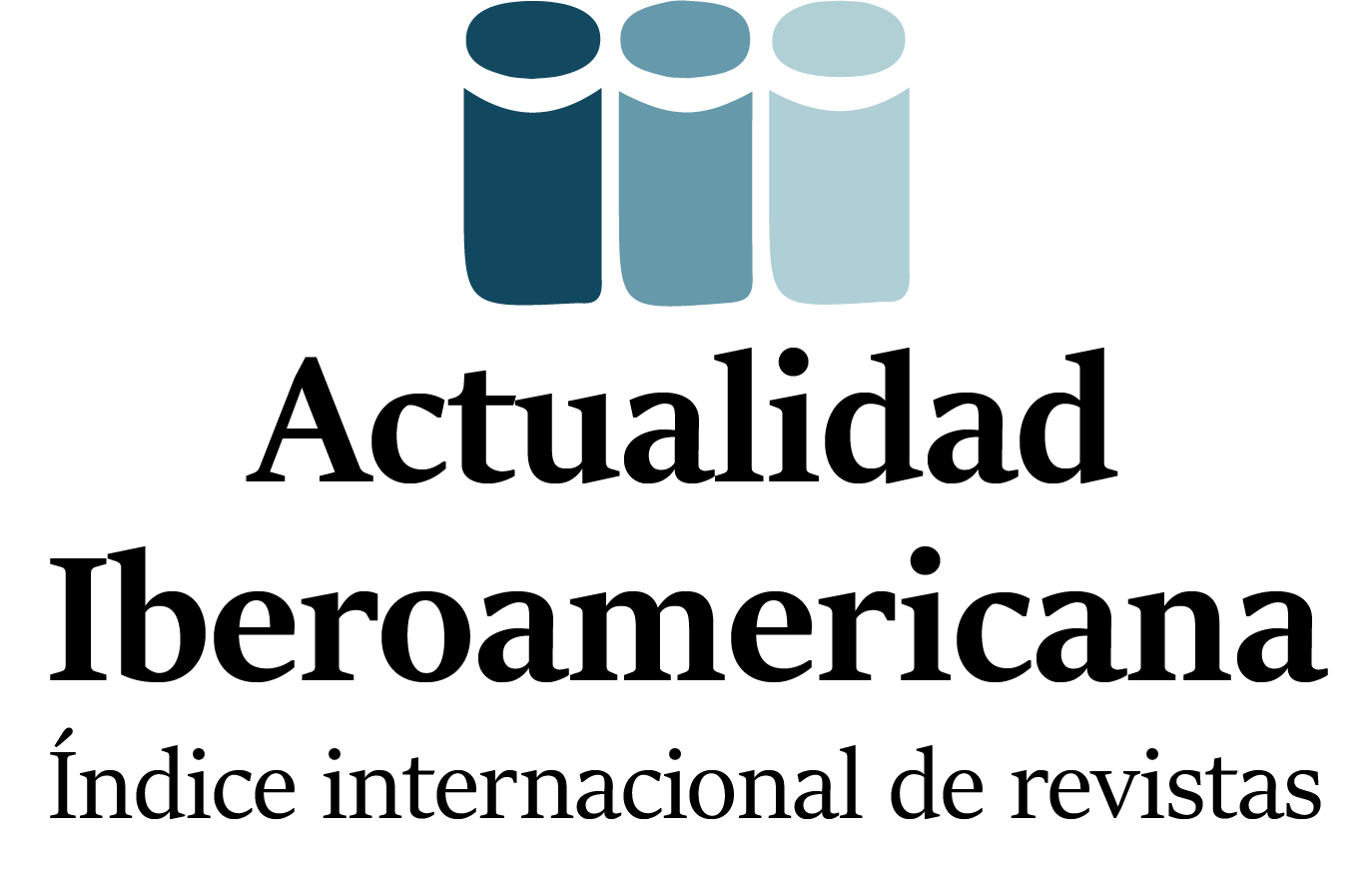Eros the memorious
DOI:
https://doi.org/10.24215/2422572Xe070Keywords:
love, memory, identity, Greek culture, PlatoAbstract
The intertwining between love and memory is part of all human experience. Here, first, I tackle certain elements in Greek culture and especially in Platonic philosophy and show how they can help us to reflect on this universal experience. I address the link in Greek culture between memory, both as cultural heritage and as the faculty by which the mind stores and remembers information, and love as the emotion of falling love which also has political and cosmical implications. Secondly, I examine the Platonic conception of love as the strength of the desire which constitutes human existence and whose task of procreating in beauty contributes to shaping psychosomatic identity. Lastly, I tackle Plato´s developments regarding a very special kind of memory –reminiscence– which implies the restoration of previous knowledge of the “matrix” of reality by means of love as a trigger for the recollection of eternal beauty in its purity.
Downloads
Metrics
References
Burnet I. (1899-1906). Platonis Opera. Oxford University Press.
Calame, C. (1992). Eros en la antigua Grecia. Akal.
Chappell, S. G. (2017). Plato. En S. Bernecker y K. Michaelian (Eds.), The Routledge handbook of philosophy of memory (pp. 385–395). Routledge.
Detienne, M. (1981). Los maestros de la verdad en la Grecia arcaica. Taurus.
Dover, K. J. (1974). Greek popular morality in the time of Plato and Aristotle. Blackwell-Oxford.
Dover, K. J. (1978/2016) Greek homosexuality. Bloomsbury.
Fierro, M.A. (en prensa). Platón. Fedro. Colihue.
Fierro, M. A. (2019). Amores locos. A propósito de la manía erótica en el Fedro. Nuevo Itinerario, 14, 138–174.
Fierro, M. A. (2010). La concepción del éros universal en Fedro. En J. Labastida y V. Aréchiga (Eds.), Identidad y diferencia. Tomo 2: El pasado y el presente; sección: antigüedad y medioevo (pp. 11-25). Asociación Filosófica de México & Siglo XXI.
Fierro, M. A. (2006). Platón y los privilegios de los amantes. Nova Tellus, 24(2), 170–195.
Forero Álvarez, R. (2009). Antología de Safo. Literatura: Teoría, Historia, Crítica, 11, 432–511.
Halperin, D. M. (1992). Plato and the erotics of narrativity. En J. Annas (Ed.), Oxford studies in ancient philosophy (pp. 113–129). Oxford University Press.
Hackforth, R. (1950). Immortality in Plato’s Symposium. The Classical Review, 64, 43-45.
Havelock, E. A. (1963). Preface to Plato. Harvard University Press.
Konstan, D. (2012). El concepto de belleza en el mundo antiguo y su recepción en occidente. Nova Tellus, 30(1), 133–148.
Moravcsik, J. (1994). Learning as recollection. En J.M. Day (Ed.), Plato´s Meno in focus (pp. 53–69). Routledge.
Nikulin, D. (2015). Memory in ancient philosophy. En D. Nikulin (Ed.), Memory: A history (pp. 35-84). Oxford University Press.
Nussbaum, M. (1995). La fragilidad del bien: fortuna y ética en la tragedia y filosofía griega. Visor.
Ostenfeld, E. N. (1987). Ancient Greek philosophy and the body-mind debate. Aarhus University Press.
Reale, G. (2000). Eros, dèmone mediatore. Il gioco delle maschere nel Symposio di Platone. Rizzoli.
Rowe, C. J. (1998). Plato: Symposium. Aris & Phillips.
Scott, D. (1987). Platonic anamnesis revisited. Classical Quaterly, 37(2), 346–366.
Yunis, H. (2011). Plato. Phaedrus. Cambridge University Press.
Downloads
Published
How to Cite
Issue
Section
License
![]()
Authors who publish in this journal accept the following conditions:
- Authors retain the copyright and assign the right of first publication to the journal, with the work registered under a Creative Commons attribution license (CC-BY), which allows third parties to use what is published whenever they mention the authorship of the work and the first publication in this magazine.
- Authors can make other independent and additional contractual agreements for the non-exclusive distribution of the article published in this journal (e.g., include it in an institutional repository or publish it in a book) as long as they clearly indicate that the work was published for the first time in this magazine.
- Authors are allowed and encouraged to publish their work on the Internet (e.g., on institutional or personal webpages) before and during the review and publication process, as it can lead to productive exchanges and greater and faster dissemination of published work (see The Effect of Open Access ).





































